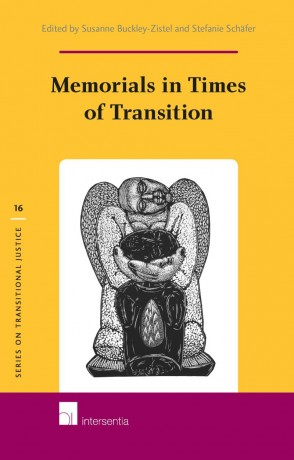
Over the past decades, the practise of and research on transitional justice have expanded to preserving memory in the form of memorials.
Memorials often employ a common architectural language and a set of political and ethical claims dictate the effect memory can or should have after large-scale violence: providing public sites of commemoration and mourning, putting past wrongs right, holding perpetrators accountable, vindicating the dignity of victims-survivors and contributing to reconciliation.
Yet what are the general roles of memorials in transitions to justice? Who uses or opposes memorials, and to which ends? How – and what – do memorials communicate both explicitly and implicitly to the public? What is their architectural language? Questions such as these have long been pursued within the growing field of memory studies and provide valuable insights for researchers in transitional justice who mostly focus on the role of memorials as a mechanism to further some form of justice after the experience of violence.
The goal of this volume is therefore to situate the analysis of transitional justice within memory studies’ broader critical understanding of the socio-political, aesthetic and ethical concerns underlying these memorial projects. It combines the two by providing a transnational selection of single case-studies that emphasise the global dimension of memory culture while couching it in current debates in the field of transitional justice.